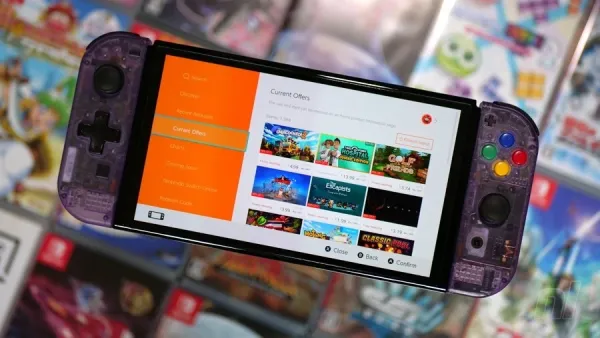
A new California law, AB 2426, signed by Governor Gavin Newsom on Tuesday, aims to provide greater transparency in the buying and selling of digital goods, such as video games, movies, and e-books. The bill, introduced by California Assemblymember Jacqui Irwin, was partly motivated by concerns surrounding digital licensing practices, following high-profile cases like Ubisoft’s decision to delist the racing game The Crew and revoke access to player licenses after its servers were shut down.
This landmark legislation will go into effect on January 1, 2025, and is expected to bring much-needed clarity to how digital goods are sold. The bill requires companies operating digital storefronts, such as Microsoft, Sony, Nintendo, and Valve, to explicitly inform customers that they are purchasing a license to use a digital product, not owning it outright. This notice must be “distinct and separate” from the terms and conditions of the purchase, ensuring that customers can’t easily overlook it.
When you buy a game from an online store, whether it’s Microsoft’s Xbox Store, Steam, or PlayStation’s Store, you’re not purchasing the game itself, but a license to use it. This licensing model means that companies retain control over access to the game and can revoke licenses at any time. It’s rare, but it does happen, especially with older games that are no longer supported. Ubisoft’s move to delist The Crewtaking the game’s servers offline and pulling licenses, brought attention to this issue earlier this year.
AB 2426 doesn’t change the core fact that consumers are licensing digital products rather than owning them, but it does compel companies to be transparent about it. The new law will prevent companies from using words like “purchase” or “buy” unless it is clearly stated that the transaction grants a license, not ownership of the digital good. If companies fail to comply, they will face fines.
Notably, the law excludes subscription-based services, free digital downloads such as demos, and companies that offer permanent offline downloads of digital goods. However, the legislation sets a critical precedent, recognizing that misleading consumers about digital ownership constitutes false advertising.
“By sending AB 2426 to Governor Newsom, California is now the first state to recognize that when digital media retailers use terms like ‘buy’ and ‘purchase’ to advertise digital media licenses, they are engaged in false advertising,” said University of Michigan professor Aaron Perzanowski, a supporter of the bill, in a news release. He emphasized that while this law is a significant step, more work is needed to protect consumer rights in the digital age. “Consumers deserve to understand that when they spend money on digital movies, music, books, and games, those so-called ‘purchases’ can disappear without notice.”
Digital media is becoming increasingly ubiquitous as physical formats fade. Major retailers, including Best Buy, have already stopped selling physical movies entirely, and the trend is expected to continue. For physical video games, a disc or cartridge essentially acts as a license, but ongoing access to the game still depends on whether the company keeps servers running.